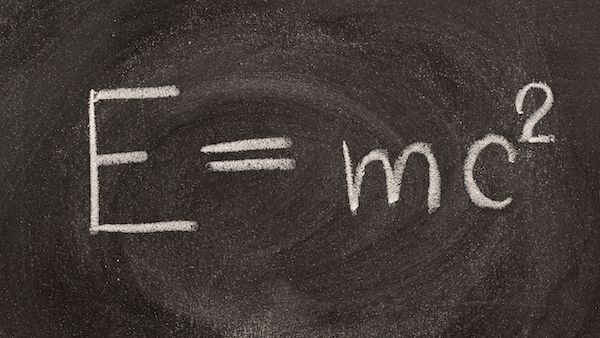Almost everyone has experienced a chance encounter, benefitted from a series of seemingly miraculous events, noticed recurring themes in life, even had an occasion of “mental telegraphy” (a term coined by Mark Twain that I blogged about a couple weeks ago.
The proof is in the stories that flood into my office at Mysterious Ways. But from a scientific standpoint, the mainstream view has always been that these incredible stories are just coincidences and not anything more meaningful.
Given the world’s population, all manner of things, however improbable, are still technically possible. Skeptics of higher power call this “the law of large numbers.”
But a new, interdisciplinary field, appropriately called “coincidence studies,” is beginning to take shape. Rather than simply using mathematics and probability to explain away such incidents as meaningless, these studies view coincidences as a multi-faceted phenomenon to be approached from many different angles.
Its figurehead, Dr. Bernard Beitman, professor of psychiatry at the University of Virginia, outlined the goals and parameters of this new field in a highly readable article (even for non- scientists) published in Psychiatric Annals:
“Many people, especially people with scientific training, dismiss coincidences as simply a matter of chance: accidents or anomalies generated by randomness. This dismissal, however, assumes that coincidences are inherently meaningless or insignificant. Without supporting evidence, this assumption is hardly scientific.”
A skeptic assumes that a chance event is only meaningful because people want them to be meaningful–end of story. According to Dr. Beitman, the question of why we desire to find meaning in coincidences and how we’re able to identify them is something that’s worth further study.
After all, moments of serendipity are far from inconsequential—they’ve led to many famous discoveries and scientific breakthroughs. Dr. Beitman quotes Louis Pasteur: “Chance favors the prepared mind.”
According to Dr. Beitman, it’s possible that the very search for meaning has an effect on the reality we perceive:
“From [a] Newtonian perspective the world around us functions like a clock, with its rules and regularities unconnected to the mind of the scientist. However, in his theory of relativity, Einstein showed us that the position and speed of the observer influences measurement outcomes… As in quantum physics, the act of observation brings the potential coincidence into reality.”
Dr. Bietman is not going so far as to say that Mark Twain could control his moments of mental telegraphy, but Twain’s belief in his in abilities had something to do with the high frequency of strange coincidences in his life.
The most interesting aspect of this burgeoning field of study is the category of coincidence Dr. Beitman calls “simulpathity,” feeling someone else’s distress—even at a distance, even without knowing the circumstances behind that distress. Dr. Beitman freely acknowledges that simulpathity suggests some people “are more closely bonded than scientific thought holds possible.”
Can science really learn to take “coincidence” seriously? Perhaps it could use more case studies to investigate. We’ll have to send Dr. Beitman a subscription to Mysterious Ways. In the meantime, keep sharing your true experiences with us!





